Geothermal vs. natural gas for our new home
8 years ago
last modified: 8 years ago
Featured Answer
Sort by:Oldest
Comments (11)
- 8 years ago
Related Professionals
Charleston Architects & Building Designers · Mililani Town Design-Build Firms · Plum Design-Build Firms · Hainesport Home Builders · Commerce City Home Builders · Evans Home Builders · Griffith Home Builders · Home Gardens Home Builders · Brighton General Contractors · Coronado General Contractors · Deer Park General Contractors · Endicott General Contractors · Fitchburg General Contractors · Roselle General Contractors · University Heights General Contractors- 8 years ago
- 8 years ago
- 8 years ago
- 8 years ago
- 8 years ago
- 8 years ago
- 8 years ago
- 8 years agolast modified: 8 years ago
- 3 years ago
Related Stories
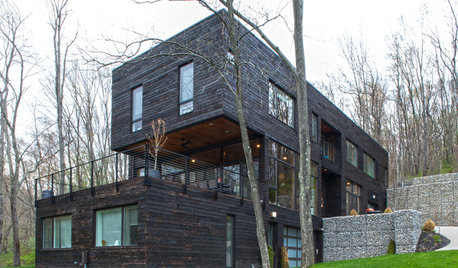
HOUZZ TOURSMy Houzz: Modernism Takes a Natural Turn in Pennsylvania
Generous wood throughout and woodsy sights outdoors soften and warm this home’s modern lines
Full Story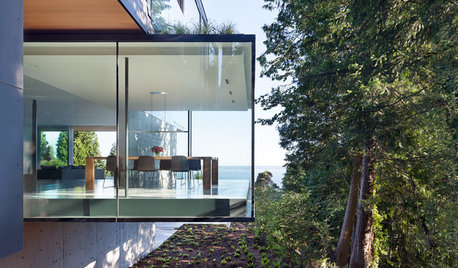
MODERN HOMESHouzz Tour: A Cubist Confection Oriented Toward Nature
Dramatic yet understated, a West Vancouver house defers to its woodland and ocean setting
Full Story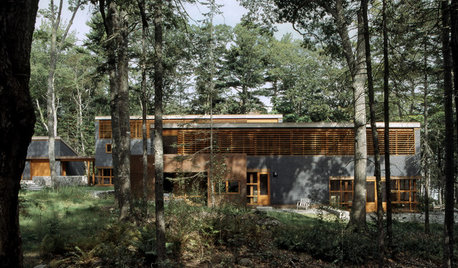
ARCHITECTURE'Houses of Maine' Puts Modernism in Its Place — in Nature
Set in the meadows and woods of Maine, the homes in this book give modern architecture a natural context
Full Story
DECORATING GUIDESNature’s Color Wisdom: Lessons on Green From the Great Outdoors
Green will grow on you for interiors when you look outside for ideas on how to use it
Full Story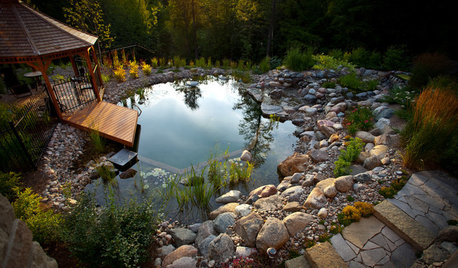
LANDSCAPE DESIGNNatural Swimming Pools: More Beauty, No Chemicals
Keep your skin and the environment healthy with a pool that cleans itself, naturally
Full Story
HOUZZ TOURSMy Houzz: Nature Meets Nurture in a Canadian Island Retreat
Wood and nature-inspired artwork create a soothing oceanside condo for a traveling British Columbia family
Full Story
DECORATING GUIDESTextile Textbook: Know Your Natural Fibers
Whether you desire fresh linen sheets or a swanky mohair rug, Mother Earth has you covered
Full Story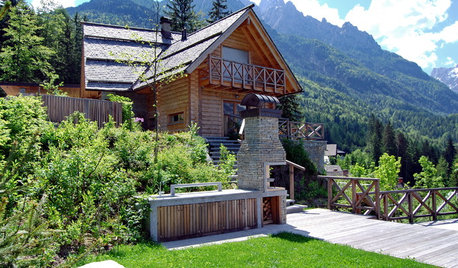
LANDSCAPE DESIGNStyle and Nature Come Together in a Slovenian Landscape Design
Natural plantings and local materials create a memorable outdoor experience in picturesque Kranjska Gora
Full Story
ROOM OF THE DAYRoom of the Day: A New Family Room’s Natural Connection
Stone and wood plus earthy colors link a family room to its woodsy site and create a comfy gathering spot
Full Story
HOUSEKEEPINGBaking Soda: The Amazing All-Natural Cleanser You Already Own
Battle grime, banish odors and freshen clothes with this common nontoxic cupboard staple
Full Story


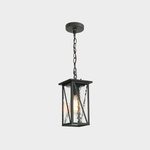




Springtime Builders